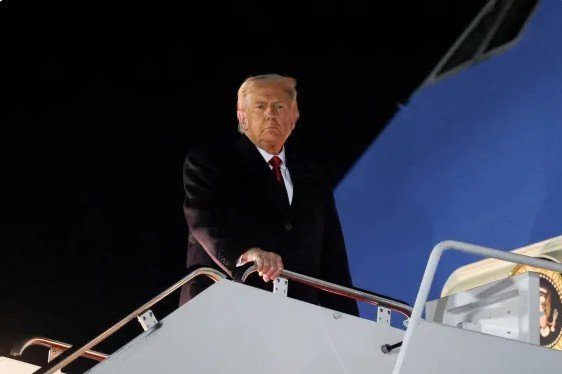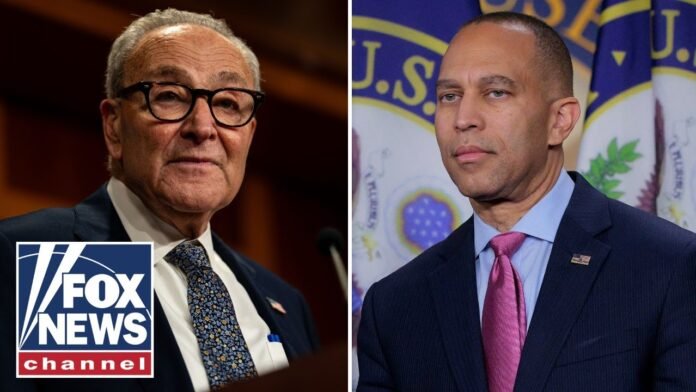Donald Trump landed in Kuala Lumpur this morning, kicking off the President’s first Asian tour of his second term. The U.S. flag‑winged Air Force One touched down after nearly 24 hours of flying and two stops for refueling. The arrival time was just before 10 a.m. local time.
Trump said the stop was partly to thank Malaysia’s Prime Minister Anwar Ibrahim for the country’s role in helping to end the conflict between Thailand and Cambodia. “Malaysia helped us,” Trump told reporters on the jet. “I owe them a trip.” He added that the move was a way to recognize the “very, very much involvement” of Malaysia in the peace process.
A red carpet and formal ceremony await the former president as he meets Anwar. The two leaders will then head to a signing event where Trump is expected to join Cambodian, Thai, and Malaysian officials to finalize a peace agreement. The ceremony will take place during the ASEAN Summit, a gathering of South‑Asian leaders that Malaysia is hosting.
Trump’s Asia trip is a mix of old rivalries, new friendships, and high‑stakes negotiations. He will meet with leaders from the region, and even China’s president Xi Jinping, who could discuss trade tensions. Trump has highlighted his record of ending “eight wars,” including the fragile ceasefire in the Israel‑Hamas conflict, and he often uses tariffs as a bargaining tool. The trip is part of his broader strategy to reshape U.S. influence and counter China’s rising power.
In addition to the peace deal, the U.S. delegation will talk about economic ties and national security issues that could reshape the region. Trump’s approach to foreign policy—marked by surprise moves and a heavy focus on tariffs—has left traditional U.S. allies unsure about the stability of American commitments.
The President’s six‑day, three‑country tour begins in Malaysia, then heads to the Philippines and Singapore. The goal is to demonstrate strong U.S. diplomacy, secure trade agreements, and support allies while maintaining pressure on China. Whether Trump can deliver on these promises remains a key test for American foreign policy, especially amid tensions over Ukraine and ongoing U.S.-China trade disputes.
Source: ianslive
Stay informed on all the latest news, real-time breaking news updates, and follow all the important headlines in world News on Latest NewsX. Follow us on social media Facebook, Twitter(X), Gettr and subscribe our Youtube Channel.


